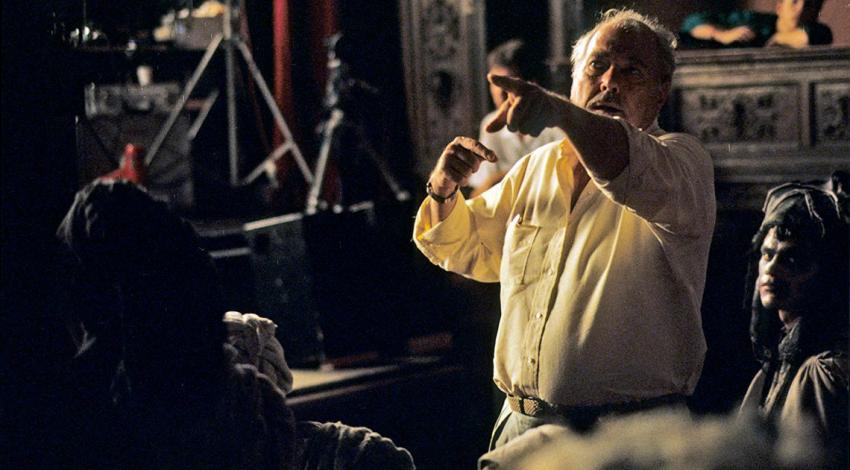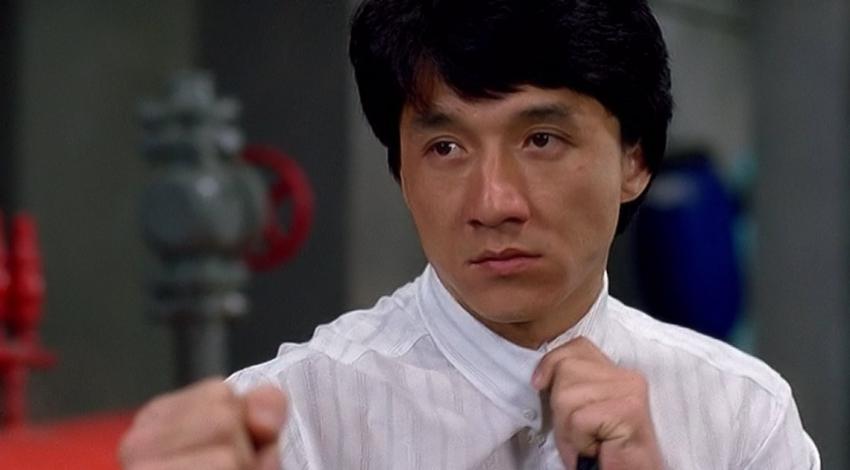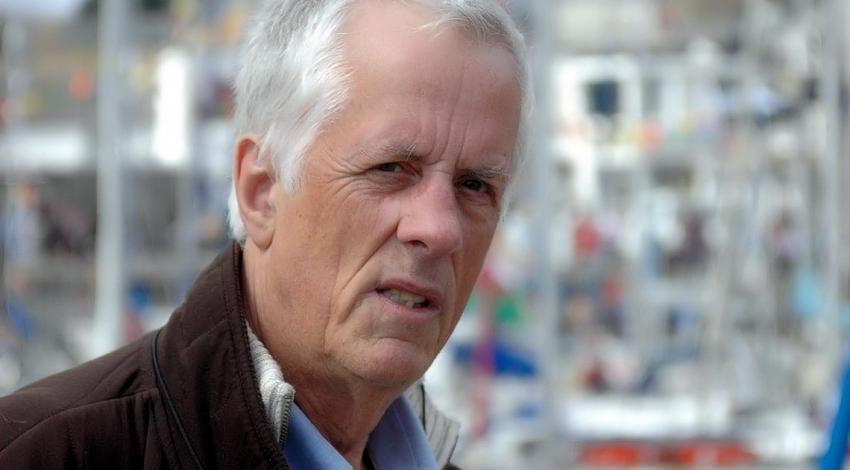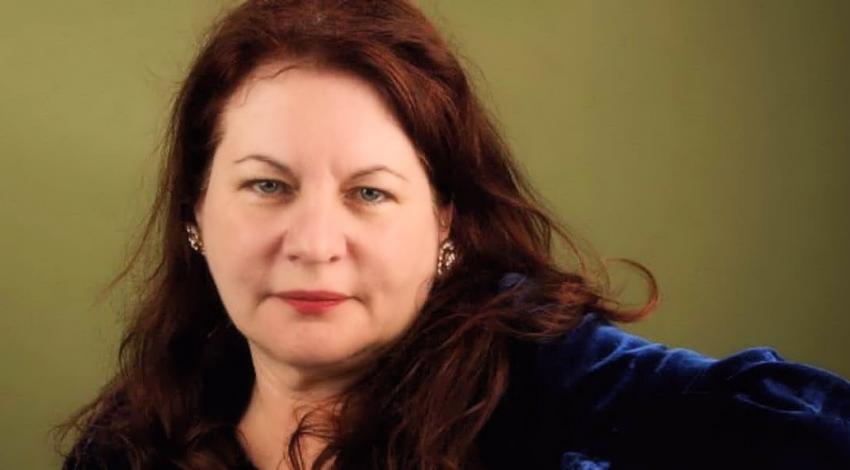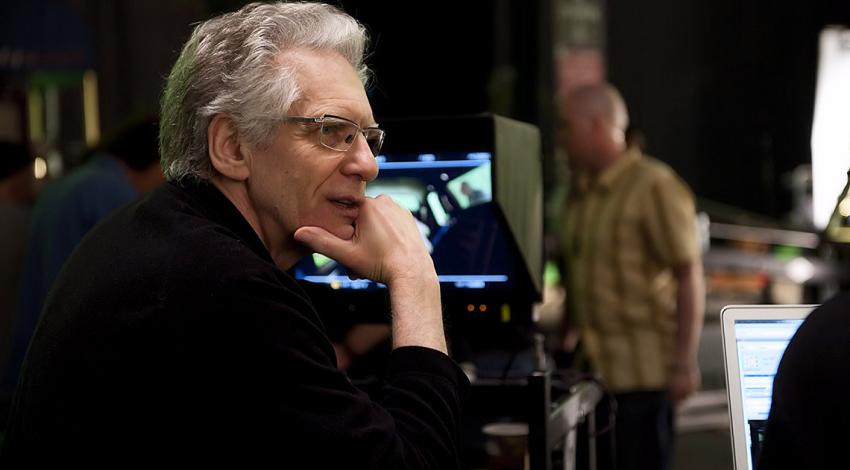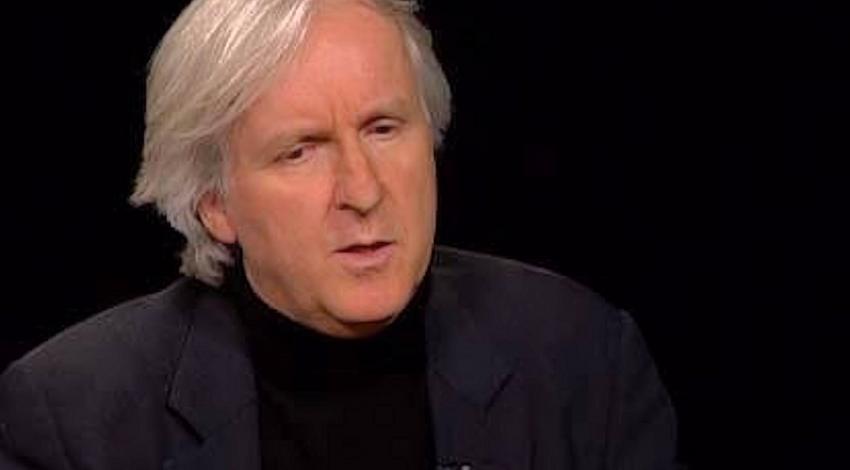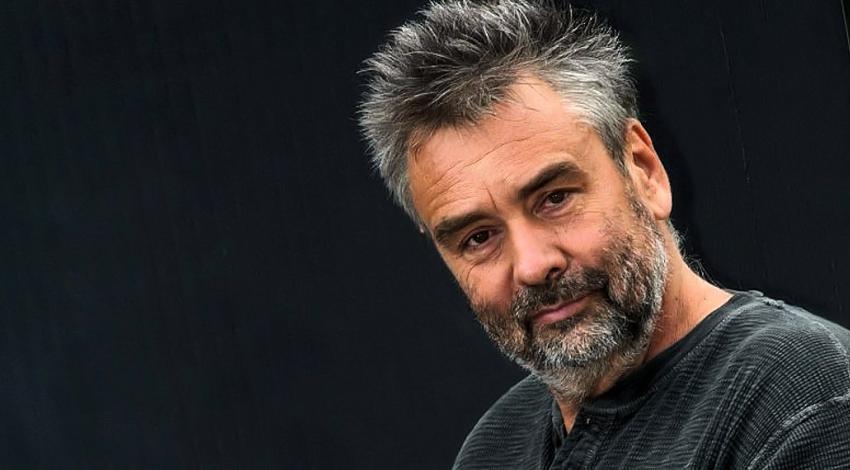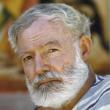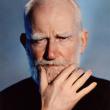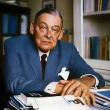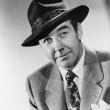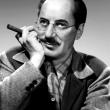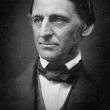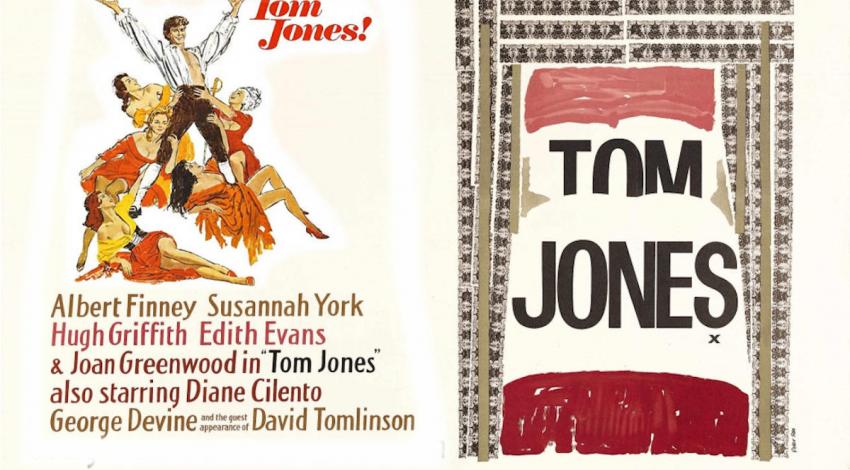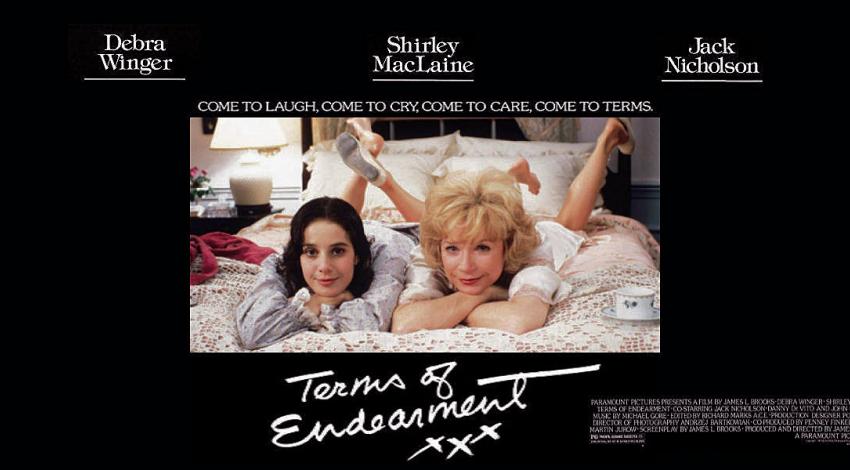Luc Besson on "The Fifth Element"
Besson's "The Fifth Element", a witty, wild sci-fi extravaganza, had the honor of opening the fiftieth Cannes Film Festival last week before debuting as America's No. 1 film on Friday. The $80-million film, which stars Bruce Willis, Gary Oldman, and Milla Jovovich, is seen by some as a "Star Wars" for the nineties. (But that's another Luke, and another galaxy.) Besson originally conceived "The FifthElement"'s fantastic twenty-third-century universe as a teenager in the mid-seventies, prior to the release of "Star Wars". He waited until he built up some professional clout--after making such hits as "La Femme Nikita", "The Professional", and "The Big Blue"--to make the film his way, exactly as he'd envisioned it as a kid.
The slightly rotund, soft-spoken filmmaker met with "Mr. Showbiz" on a recent Sunday morning in a suite at Beverly Hills' Four Seasons Hotel. His unassuming outfit, which consisted of basic black jeans, a waffle-weave pullover with a few small holes in the sleeve, and a navy T-shirt, was a reminder that he was only a visitor in Los Angeles. Besson's demeanor and conversation further demonstrated that he has no use for the trappings of film stardom. His countrymen should be relieved to know that while he's now working with Hollywood to make his movies, he has in no way "gone Hollywood".
Luc Besson | Director
The "Fifth Element" is fantastic. Where did you get the idea for this?
quote-leftI started to write it at sixteen years old. I was living outside of Paris, sixty kilometers from Paris. No TV. No V.C.R. Very much in the country, and not so many friends. It was pretty boring for an adolescent. So I started to invent this world where I can be a wild cab driver [Willis's character, Korben Dallas]. It was just a way to escape at first.
You're thirty-eight, so this was all before "Star Wars" in 1977?
quote-leftA year or two before. I read this world for a few years. No sketches but just to write [it down]. And one question brings another question. You say "flying cars," but how are they going to pay for the cab? So I invent the system for people to pay. And when Dallas goes back home, I say, "Does he buy or rent the apartment?" I have to invent this system of renting and buying and everything. At the end it was a real world, a country I know and I know how everything works. [Smiles]. I can talk about this city for hours.
So you created this world, and then left it in a drawer for twenty years?
quote-leftThere is this world which I really know as if I live there. But between sixteen and twenty-five, you don't know so much about life, so you don't have anything to say, really. And then life hits you. Friends or parents dying, hospital, and accidents. All these people around you. Then at thirty, thirty-five, there are a few things I want to say. I thought this twenty-third-century city would be a good setting to tell these things. Then the story arrives somewhere; it's a nice opportunity.
You take the classical idea of good versus evil, and stick it into a "Flash Gordon" comic-book adventure. At least four times you have people go around saying, "We're going to go save the universe." They make a joke of it sometimes.
quote-leftYou have to make a joke with it, because it's so classical. Everybody wants to save the world--and these are the worst people to save the world. The theme is more [important]. I want to arrive at the point where Leeloo [Milla Jovovich] will say, "What's the use of saving lives when you see what you're doing with it?"
That's the demonstration of the film. Even if it's funny and there's a lot of excitement and things, at the end after almost two hours, you say, "She's right. What's the use to save life when you see what we do with it?"
The movie is not like a big theme movie, but it's important. If a movie is just an adventure movie--bam, bam, bam!--I think you will not get out with the same feeling. It's not because a movie is an adventure movie that it needs to be a stupid movie.
There are a fair number of "Star Wars" jokes in this.
quote-leftThere's one. [Laughs].
Two, I thought. Ian Holm comes in in his monk's robe with the cowl and looks like Obi Wan Kenobi. Then of course there's the Carrie Fisher hair, those buns on the side--
quote-leftYes, that's the one! [Laughs]. Major Iceborg.
Was it difficult to get Bruce Willis to sign onto this?
quote-leftBruce was like a miracle, like you see in movies. I met Bruce a few years ago, but the project was not concrete. I hate to say to an actor, "In three years I will have something good for you." I prefer to shut my mouth. When the production began, we made the decision to not go for a big star. We thought the size of the movie was the star and [would] take a good actor, younger, not so expensive. We said, "Let's put the money in the sets, the costumes, the special effects. Like "Star Wars" twenty years ago."
Then I met Bruce and he says, "Why don't you come to see me?" I tell him, "You're such a big star." He smiled and he said, "You know, Luc, if I like it, we will find a way." I never thought of that possibility. He did what he said, he made a deal with the production, and if the movie works, he will make money. He wants to be in the project and he gave a real chance to the movie to be the best.
Did you have a good experience during the "Fifth Element" shoot?
quote-leftYes. One common point in all these people [on "Fifth Element"] is they are human beings and they are easy [to deal with]. All the people I met with attitude and sunglasses and "You have to talk to an agent," they are not in the movie. Because I can't work that way. When I shoot, I don't have my seat with my name, or an assistant or a manager. Or a publicist in my back to tell me how to dress.
I have seen a producer in London working on a movie, on "Mission: Impossible". This producer flew a person to London "to take care of her clothes". On the set. I mean we are far from the movie, you know?
How did Milla's involvement come about? When I saw the poster I thought, "The" "Blue Lagoon 2" person? What is this going to be? But she's wonderful, of course.
quote-leftI have not seen "Return to the Blue Lagoon". But I heard about it; I heard the turtle was good. [Laughs].
I met a lot of girls. The casting call was eight thousand, and I met two or three hundred. I made a lot of tests. Milla has this physical thing, she can be from the past or the future. She can be an Egyptian or a Roman. She can be Nefertiti and she can be from outer space. That was one thing I liked physically about her. When I made the test with her, she was the best. And I'm very hard on tests. It's mostly in a hotel room with a small video camera. It's not like the lights and things. It's like I take a camera and give tests: "Let's try to do that," and "Do it the other way."
It's a good test because you are able to see when people are able to follow you or not. When the girl tells you, "You know I can't do that because I'm not prepared," I start to think, "Oh oh, we're in trouble." Because sometimes on the set you don't have the time--you have to do it. She was on the edge; she was able to do it!
I told her really strange things to do, that she couldn't even understand. And she tried. That's all I need; I just need someone who trusts me and tries. For example, I made an exercise for her: "You're coming from another planet. You've never been on Earth at all. Close your eyes, so you forgot everything you know on Earth. Now you see this black object I have in my hand--and you've never seen it before." I say, "Open your eyes." It's a very difficult exercise, you have to forget everything you know in ten seconds. And she tried.
Gary Oldman you had worked with in "The Professional", as the drug-dealing drug cop.
Gary, I think, is one of the top five actors in the world. You can't believe this actor. I was on the set and he was dressed as Zorg [the "Fifth Element" villain] and we were just talking about the Shakespeare classic "Hamlet". And he said, "Yeah, I played "Hamlet" ten years ago in London." I said, "But how can you memorize three hours of Hamlet?" He said it wasn't so difficult. I said, "But ten years afterwards do you remember a few lines?" He said, "I remember everything." I said, "What do you mean?! So if I say, 'Act 2, Scene 3 . . . ?'" And he'd just start [reciting Shakespeare]. Dressed like Zorg in the middle of this spaceship. [Giggles].
Oldman's look in this film; is it a send-up of Tim Burton, with that manner and that hair? Or Bugs Bunny, perhaps?
quote-leftThat's [costume designer] Gaultier. When we talked at the beginning, we had a few words about each character. For Zorg, it was "dandy, nouveau riche, Hitler." So it's a kind of mix of that. Zorg will buy Picasso because it fits with the couch.
Zorg has a big meaning in the movie; the speech he has about life is very important. You always see these Christian people, these religious people, always fighting for the noble cause. In fact they kill millions of people through history. They fight for a code, but they burn everybody for years. The first guy who says, "Maybe the Earth is round," they just burn him! [Laughs]. And the Pope just recognized five years ago; he said, "Maybe we were wrong to burn the guy." [Laughs].
* © Sony Pictures Entertainment
** ©2009 Stockholm Film Festival

